| Teacher: Rusty Kennedy Series: Holidays |
Rusty's Notes | |
As believers in God’s mission, we are invited to participate in His mission with Him. There are several aspects of our involvement with God’s mission:
1) The idea that the world's Creator, the Holy Trinity, would create us to include us in their relationship with them is unfathomable. We were created by God out of His love for us. Every individual in the world is special because we are His creation. Understanding and embracing that truth only causes us to worship God and His Glory. Because of God’s mission, believers choose to worship God. Jesus said, “But an hour is coming, and is now here when the true worshipers will worship the Father in Spirit and in truth. Yes, the Father wants such people to worship him. God is spirit, and those who worship him must worship in Spirit and in truth.”[2] Jesus said genuine worship comes from the heart through understanding God's truths. We journey through this life, learning about God and growing in the knowledge of His mission. When that occurs, it is natural for us to worship the Creator.
2) Believing that Jesus Christ is our Savior and Lord caused a transformation in our lives. Paul reminds us, “I have been crucified with Christ, and I no longer live, but Christ lives in me. The life I now live in the body, I live by faith in the Son of God, who loved and gave himself for me.”[3] Our old life was put to death, and now we live our life by another source, the Trinity. As we learn and grow in knowledge and wisdom about the Trinity, it begins to impact how we live out our lives. It is not a matter of being taught how we should live our lives but a more natural living out of our journey by the grace administered through the Spirit of God. When the universal Church learns about a spirit-filled life, the mindset changes from legalism to grace. This is the real adventure when we begin to trust God rather than relying on our own strength and abilities. Grace has two aspects to it. There is grace that brings salvation through Jesus. The other aspect of grace is the ability to live each day through God. We will spend the rest of our journey here on earth learning to live in this grace of another source.
3) Learning to live out of this grace changes our lives. Paul encourages the Church to “Do everything without grumbling and arguing, so that you may be blameless and pure, children of God who are faultless in a crooked and perverted generation, among whom you shine like stars in the world, by holding firm to the word of life.”[4] Peter also says, “But as the one who called you is holy, you also are to be holy in all your conduct; for it is written, Be holy, because I am holy.”[5] These scripture passages are typically taught as commands to obey in our behavior. But if the Church understands it is about their identity rather than their behavior, these truths become very natural. The Church has been made holy and blameless because of what Jesus did on the cross. We must rest in this truth and just “be” rather than “do.”
4) When believers discover their identity in Jesus, a transformation in the mind takes place, significantly impacting their behavior. Joy is already present in the Spirit but is now discovered by the believer. It is realizing they are forgiven and made holy. They know they are the righteousness of Christ—not just that God views them as righteous, but they have been made righteous… past tense. When this realization has occurred, it becomes natural for them to talk about the best news ever. Knowing your identity in Christ becomes the most incredible “evangelism tool” and becomes more than just information being communicated. When the Church knows its true identity, it begins to express the Good News to those around it. Our world is being taught that it is more about them than others. So, this focus on what they can become through Jesus is attractive to them.
5) As the Church grows in spiritual maturity, it is natural for the believers to edify and disciple one another. God intended the Church to live together in community, which was intentional as it created a desire for others to be included in this group. Nobody would want any part of this community if it is focused on something other than God's intentions. This is displayed in the Bible through the role of the Pharisees. For the Pharisees, it was all about their behavior. Their behavior dictated more about what they would become and their role. This is the opposite of God’s intentions. He made believers supernatural beings; we naturally behave and accomplish things from that transformation. As a body of believers, we are to teach and encourage our fellow believers in their identity so they may live out of this daily grace supplied by God. Proverbs says, “Iron sharpens iron, and one person sharpens another.”[6]
6) The final intention of God’s mission is that the Church lives together in community and fellowship so they can provide for the needs of one another. This is modeled in Acts, “Everyone was filled with awe, and many wonders and signs were being performed through the apostles. 44 Now all the believers were together and held all things in common. 45 They sold their possessions and property and distributed the proceeds to all, as any had need. 46 Every day they devoted themselves to meeting together in the temple, and broke bread from house to house. They ate their food with joyful and sincere hearts, 47 praising God and enjoying the favor of all the people. Every day the Lord added to their number those who were being saved.”[7] This is the model church as God intended it to be. We are to live together in harmony and help one another walk this journey here on earth.
This is God’s mission for the New Covenant Church. Therefore, it is my personal mission as well. I not only have to battle the worldview, but I also have to battle (or avoid) the religiosity of the Church. God never intended for us to be religious. Jesus said, “ A thief comes only to steal and kill and destroy. I have come so that they may have life and have it in abundance.”[8] I believe that we can have a full and abundant life here on earth and not have to wait until we die and go to heaven. May God continue to reveal Himself and empower me to accomplish His mission.
[1] Christian Standard Bible (Nashville, TN: Holman Bible Publishers, 2020), Jn 3:16.
[2] Christian Standard Bible (Nashville, TN: Holman Bible Publishers, 2020), Jn 4:23–24.
[3] Christian Standard Bible (Nashville, TN: Holman Bible Publishers, 2020), Ga 2:20.
[4] Christian Standard Bible (Nashville, TN: Holman Bible Publishers, 2020), Php 2:14–16.
[5] Christian Standard Bible (Nashville, TN: Holman Bible Publishers, 2020), 1 Pe 1:15–16.
[6] Christian Standard Bible (Nashville, TN: Holman Bible Publishers, 2020), Pr 27:17.
[7] Christian Standard Bible (Nashville, TN: Holman Bible Publishers, 2020), Ac 2:43–47.
[8] Christian Standard Bible (Nashville, TN: Holman Bible Publishers, 2020), Jn 10:10.

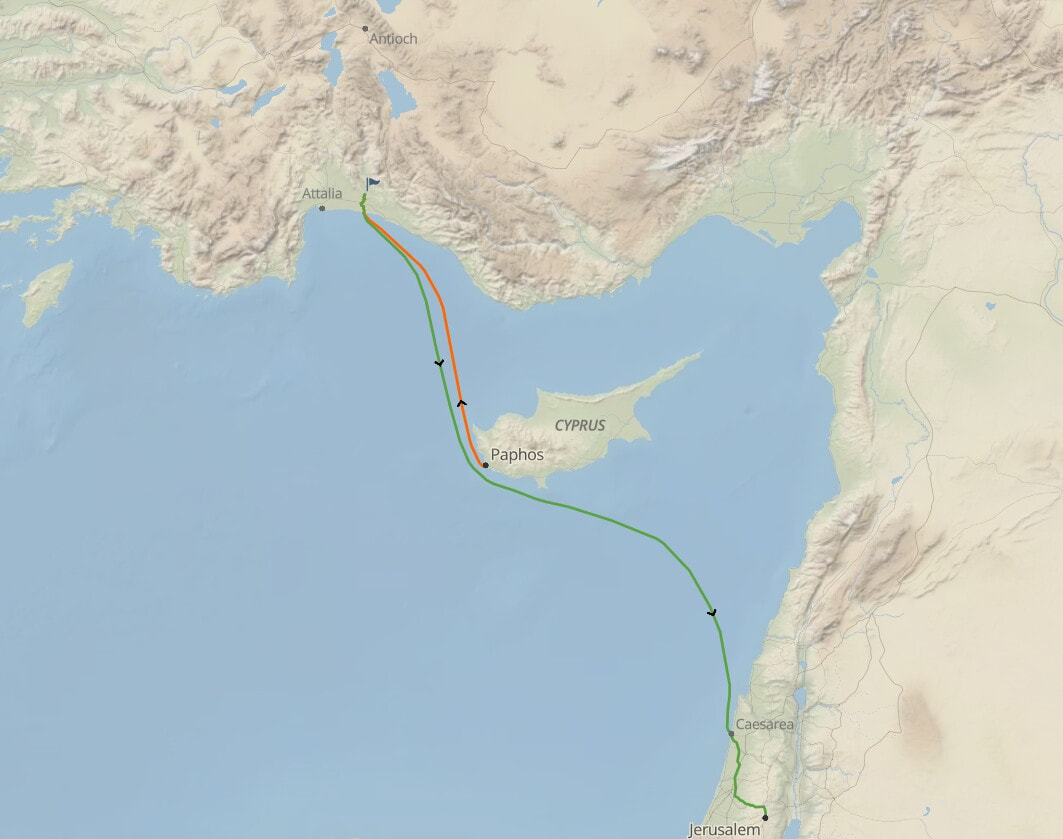
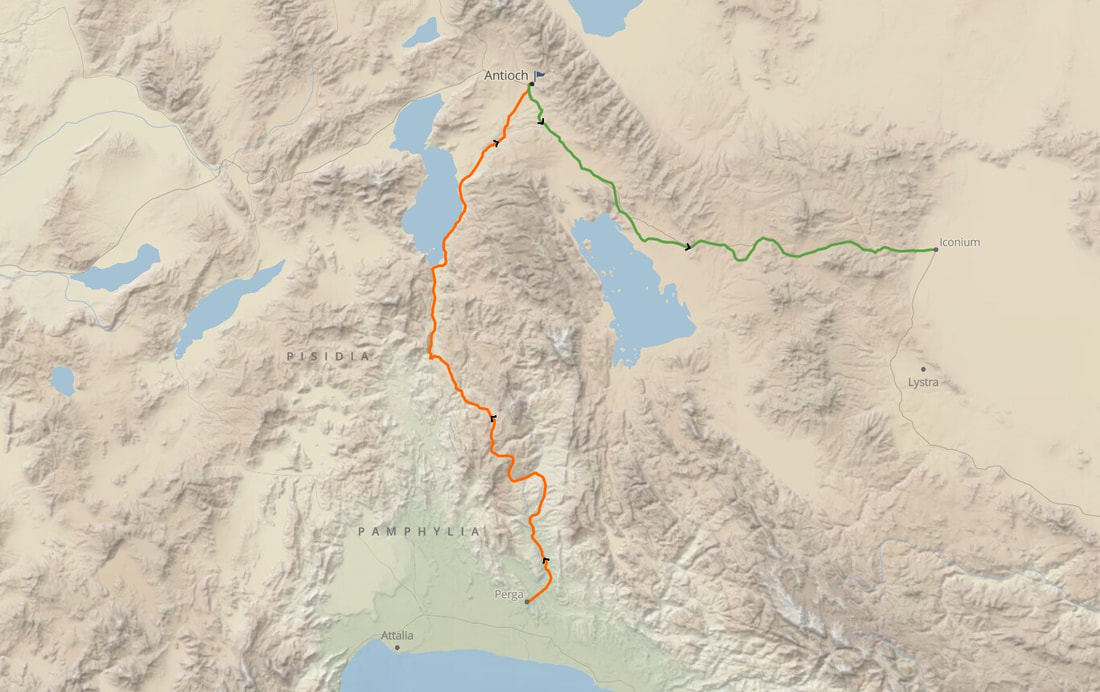
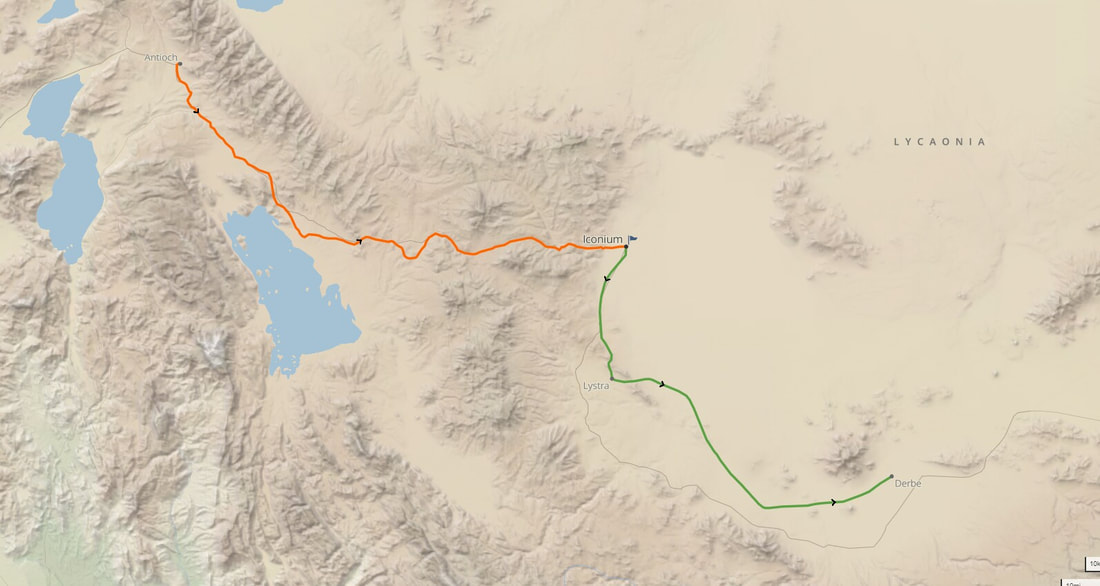
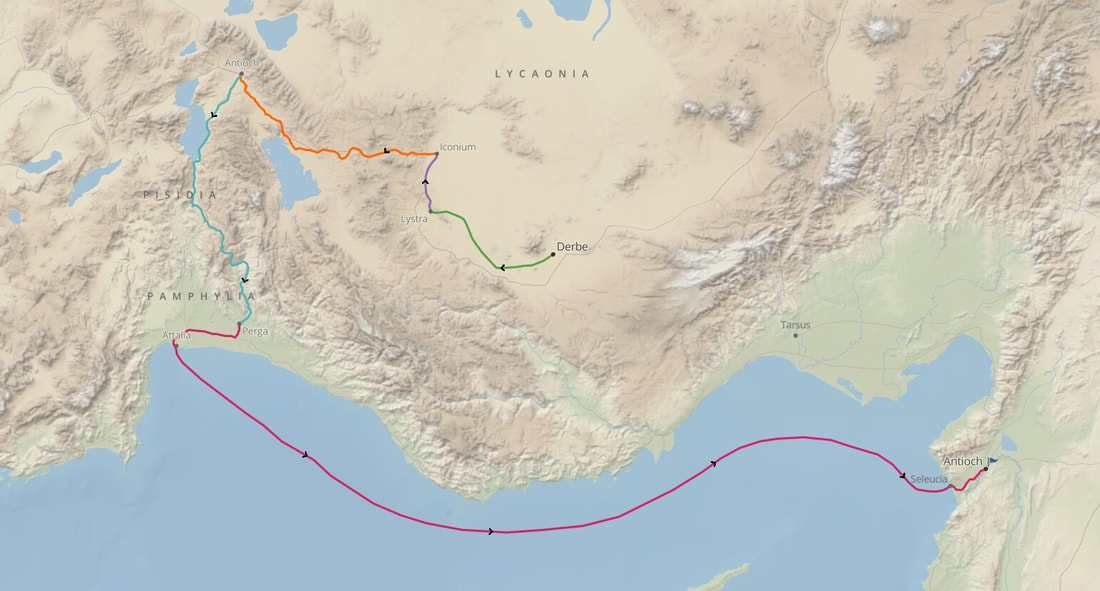
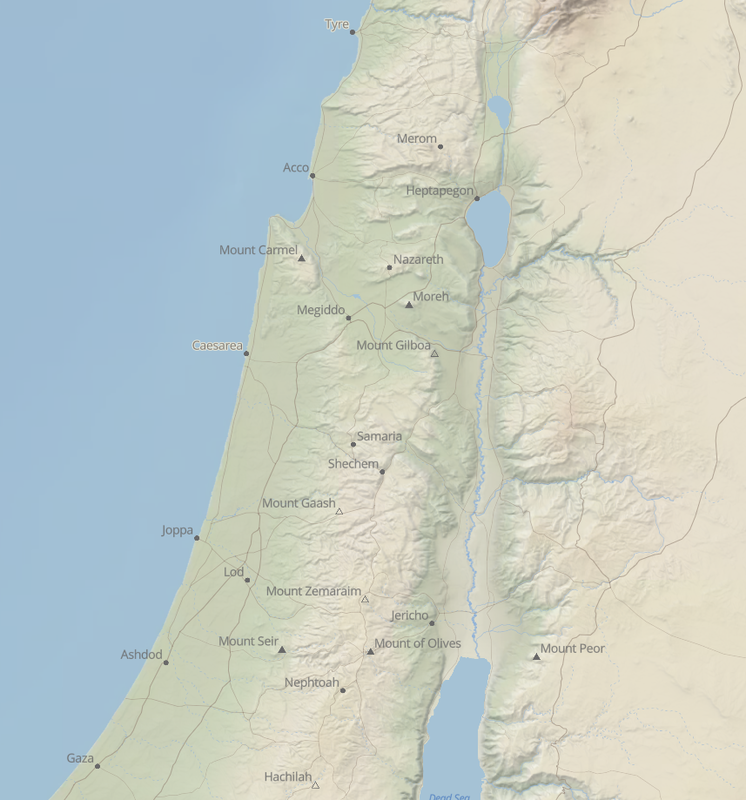


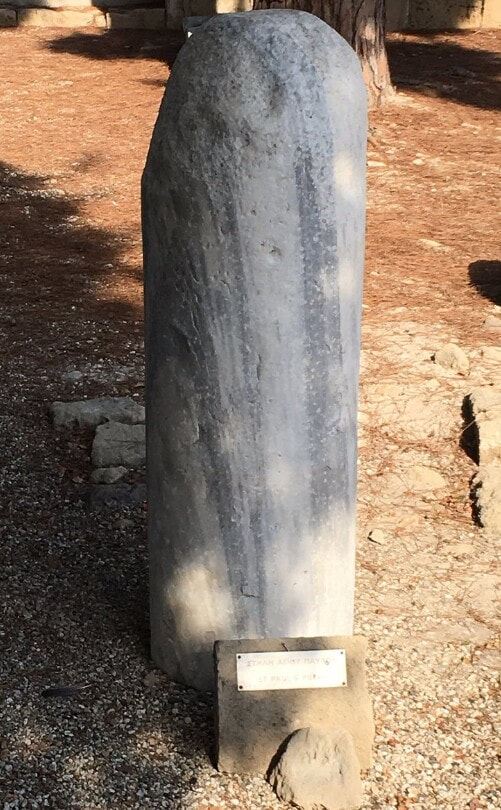
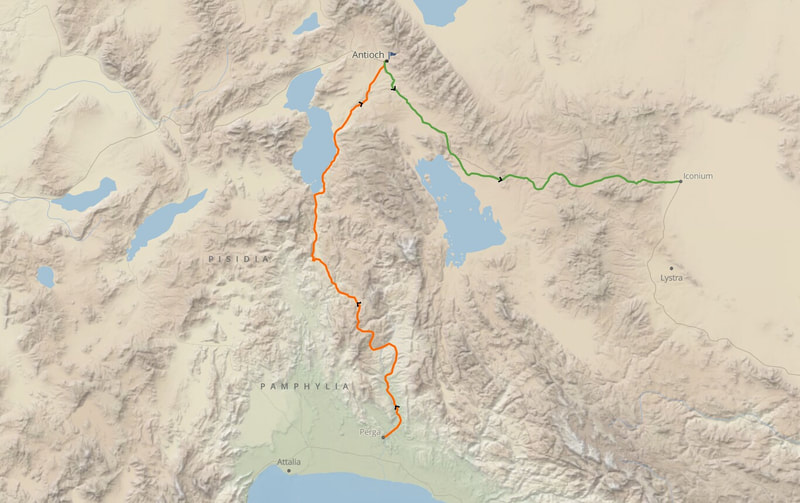
 RSS Feed
RSS Feed